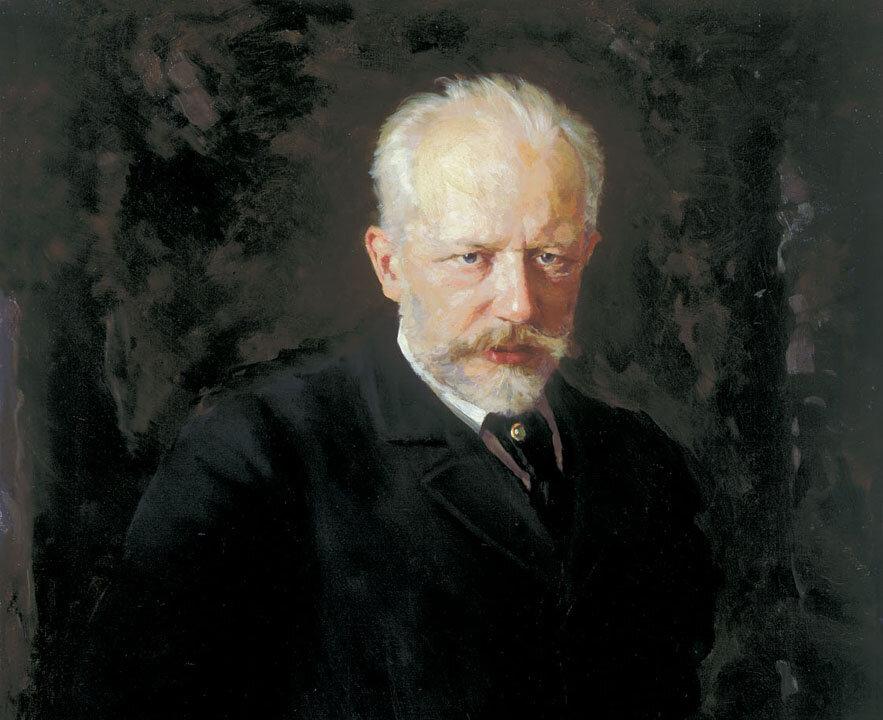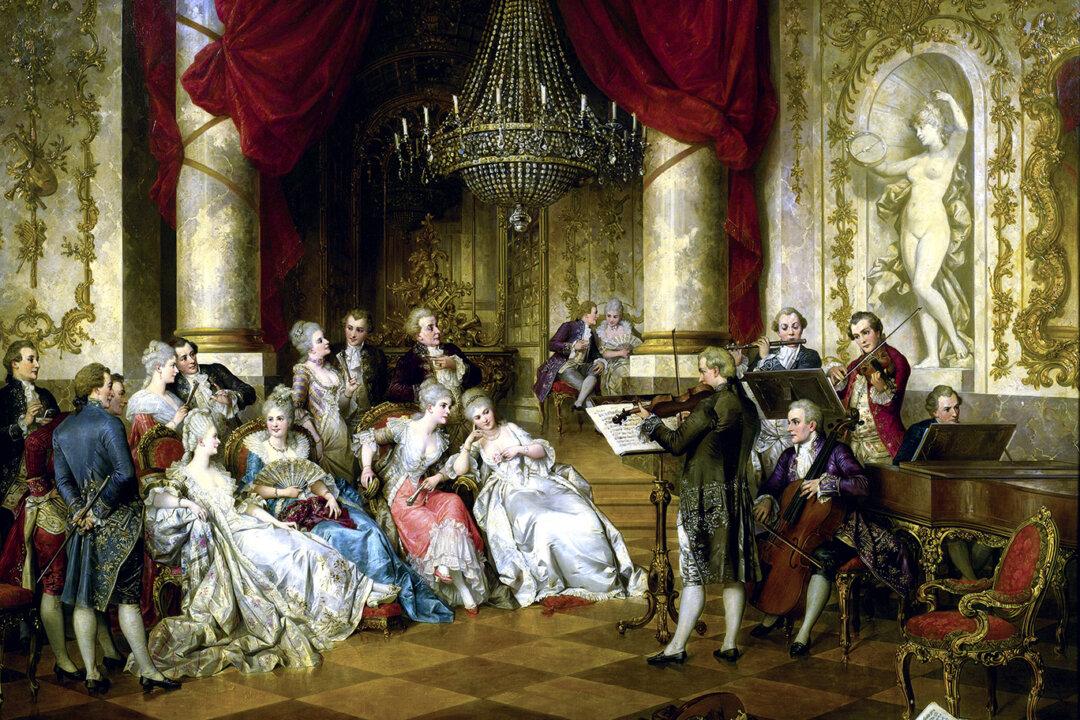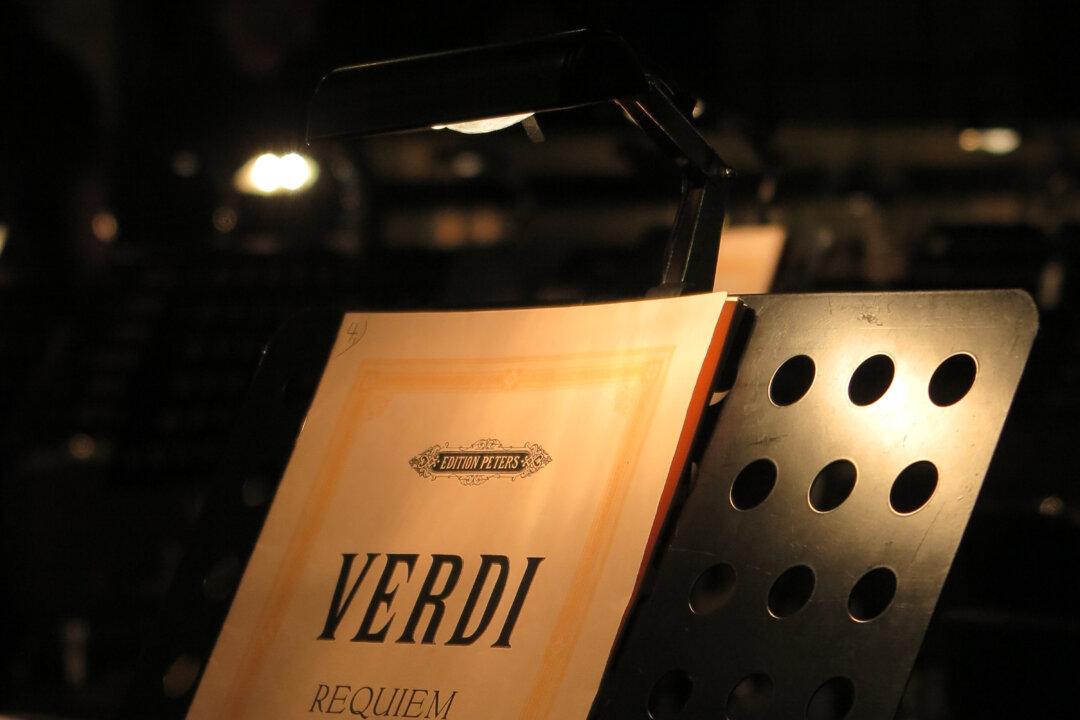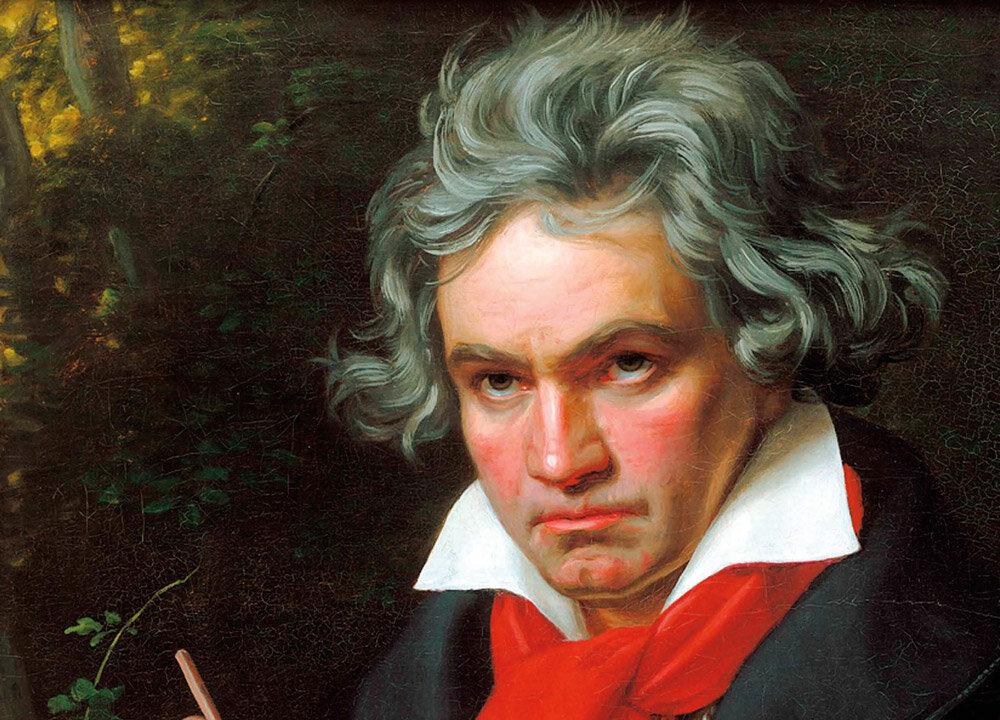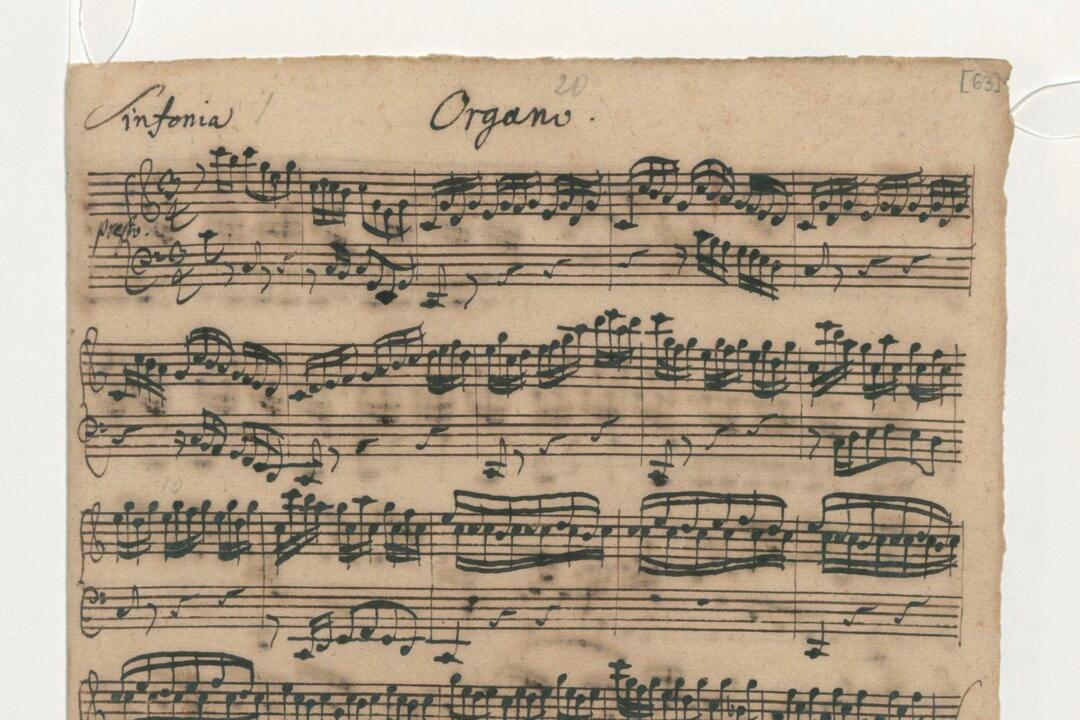When people think of traditional Russian music, it generally falls into two main categories: grand militaristic marching rhythms and celebratory folk songs. The marches are predominantly played in the minor scale, with low, powerful choral voices and brass sections. The other side of the Russian coin is a fierce celebration of life, with unbridled passion and dance. The humorous Russian folk songs known as “chastushkas,” frequently played on the three-stringed balalaika and accordion, avoid complex harmonies and are often sung in unison with a sense of pure, unrefined joy.
Whether in celebration or deep, melancholic reverie, the music of Russia is tinged with a very distinctive Eastern feel. This is primarily due to the use of the Phrygian scale, which can be found throughout the East from Arabia to India; its flavor can be heard as far West as Spain, where it features in flamenco music. Its influence in Russian music is unmistakable.

